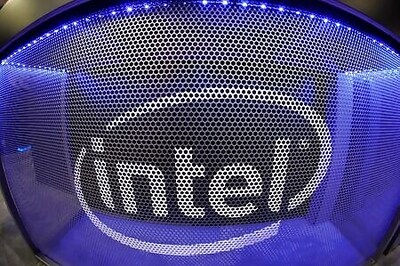
views
An estimated 57,000 premature deaths in Delhi during 2020 can be attributed to air pollution, Greenpeace India said Wednesday, revealing the city’s annual average air pollution levels exceeded the WHO’s 2005 air quality guidelines (AQG) by nearly eight times and the new AQGs 17.4 times. Analysing the new AQGs of the World Health Organization, Greenpeace India said at least 79 of the world’s most populous cities breached the 2005 WHO annual mean PM 2.5 guidelines in 2020.
Greenpeace India’s analysis of PM 2.5 data aggregated by IQAir found that at least 79 of the world’s 100 most populous cities breached the outgoing WHO annual mean PM 2.5 guidelines in 2020.
“In Delhi, city-wide annual average air pollution levels exceeded the 2005 WHO guidelines by nearly eightfold in 2020, the highest margin of all cities in the dataset. Greenpeace researchers estimate that 57,000 premature deaths in Delhi during 2020 can be attributed to air pollution,” it said.
Greenpeace said that for eight of the 100 cities, PM 2.5 data for 2020 was unavailable due to a lack of government disclosure or monitoring. The remaining 13 cities met the guidelines on a city-wide scale according to IQAir data, but hotspots within all 100 cities likely exceeded the guidelines locally, for example in locations close to busy roads or industry, it said.
The WHO Wednesday updated its air quality guidelines for the first time in 15 years. The new guidelines are derived from strong scientific evidence of the damage air pollution inflicts on human health and hence, recommends new air quality levels based on reducing concentrations of key air pollutants, Greenpeace India said.
According to the new guidelines, the annual PM2.5 mean now has been updated to 5g/m3 compared to 10 g/m3 in 2005. Similarly, annual mean for PM10 is updated to 20g/m3 to 15g/m 3 and NO2 to 10g/m3 from 40g/m3.
Commenting on the announcement of new guidelines, Greenpeace India’s senior climate campaigner Avinash Chanchal said, India has economically viable tools to solve the air pollution crisis.
In most parts of the world, it is more cost-effective to develop renewable energy sources than to keep burning coal, oil or gas, even before taking the economic burden of air pollution into account. At this point, addressing air pollution is a question of political will, not technology, Chanchal said.
According to Greenpeace India, among 100 global cities, Mumbai’s annual PM2.5 trends in 2020 exceeded 8 times more than WHO’s revised air quality guidelines of 5 ug/m3, Kolkata 9.4, Chennai 5.4, Hyderabad 7 fold and Ahmedabad exceeded 9.8 fold.
Read all the Latest News , Breaking News and Ukraine-Russia War Live Updates here.




















Comments
0 comment